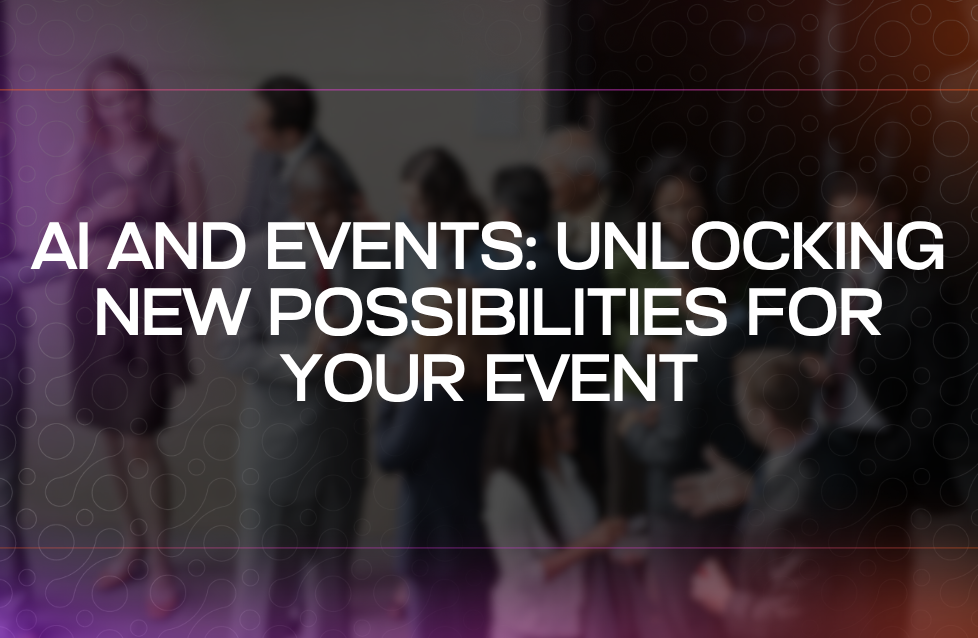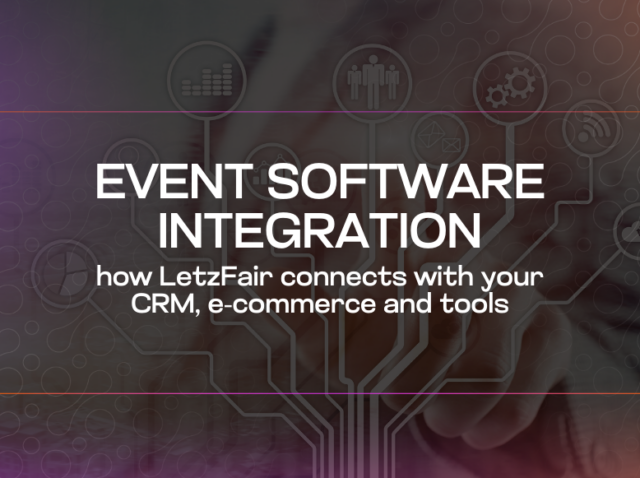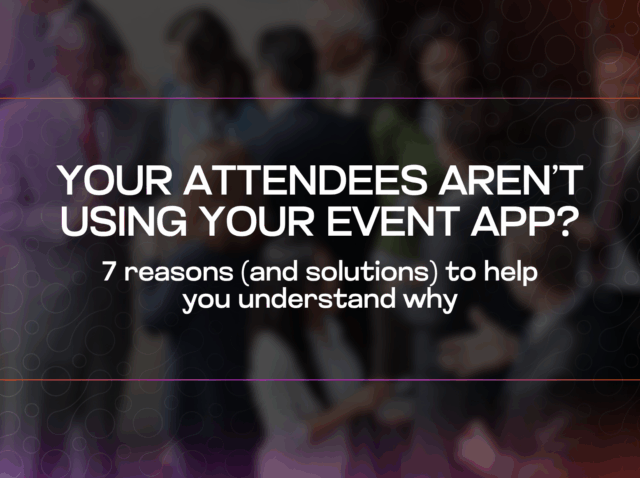With the continuous adoption of artificial intelligence (AI) technologies, society and the workplace are undergoing significant transformations. Naturally, the events industry is no exception.
The support that AI provides is undeniable, just as it has revolutionized fields like medicine and sustainability. Yet, like all emerging technologies, AI raises questions—particularly regarding its use in AI and events. Concerns often focus on whether AI might replace professionals and whether organizations will need to completely rethink their operations.
This article explores the potential applications and risks of AI in the events sector.
What is Artificial Intelligence?
AI refers to a machine’s ability to simulate human behavior, including learning, planning, reasoning, and, in some cases, even a degree of creativity.
In the context of AI and events, this technology is primarily used to:
- Analyze large datasets for actionable insights
- Provide 24/7 customer support
- Monitor social media engagement
- Organize virtual appointment systems
Clearly, AI has the potential to become a key driver of innovation for your events.
The Future of Event Professionals
How will AI impact event workers?
As mentioned, AI can take over tasks traditionally handled by humans, such as:
- Risk assessment
- Investment profiling
- Post-event analytics
However, AI lacks soft skills—the human touch, personality, and relational abilities that professionals bring. Machines cannot negotiate complex contracts or build genuine relationships with clients and suppliers. For now, human presence in your organization remains essential.
The goal is integration, not replacement: combining efficiency and creativity for a balanced approach.
AI and Events in Practice
Currently, AI is making life easier for event organizers. Future applications may integrate AI with augmented reality and the metaverse, opening new opportunities. For instance:
- Personalized avatars with real facial expressions
- Tools to break down communication barriers between participants
- Real-time translation enabling attendees from different countries to interact seamlessly
Beyond virtual experiences, AI also enhances the practical side of event management. Examples include:
- Optimized logistics
- Reduced environmental impact
- Sourcing equipment at lower costs, minimizing unnecessary transportation
Conclusion
AI will never fully replace professionals in the events industry. Repetitive tasks may shift to machines, but creativity, relationship-building, and strategic thinking remain human domains.
As with any new technology, initial reactions may include fear and confusion. Opinions vary—some see AI as enhancing humanity, others worry about dystopian consequences. The key is to develop new skills and adopt a collaborative mindset: consider what AI can do for you, not instead of you.
In the world of AI and events, the possibilities are vast, offering tools to enhance engagement, efficiency, and sustainability while keeping the human touch at the forefront.









